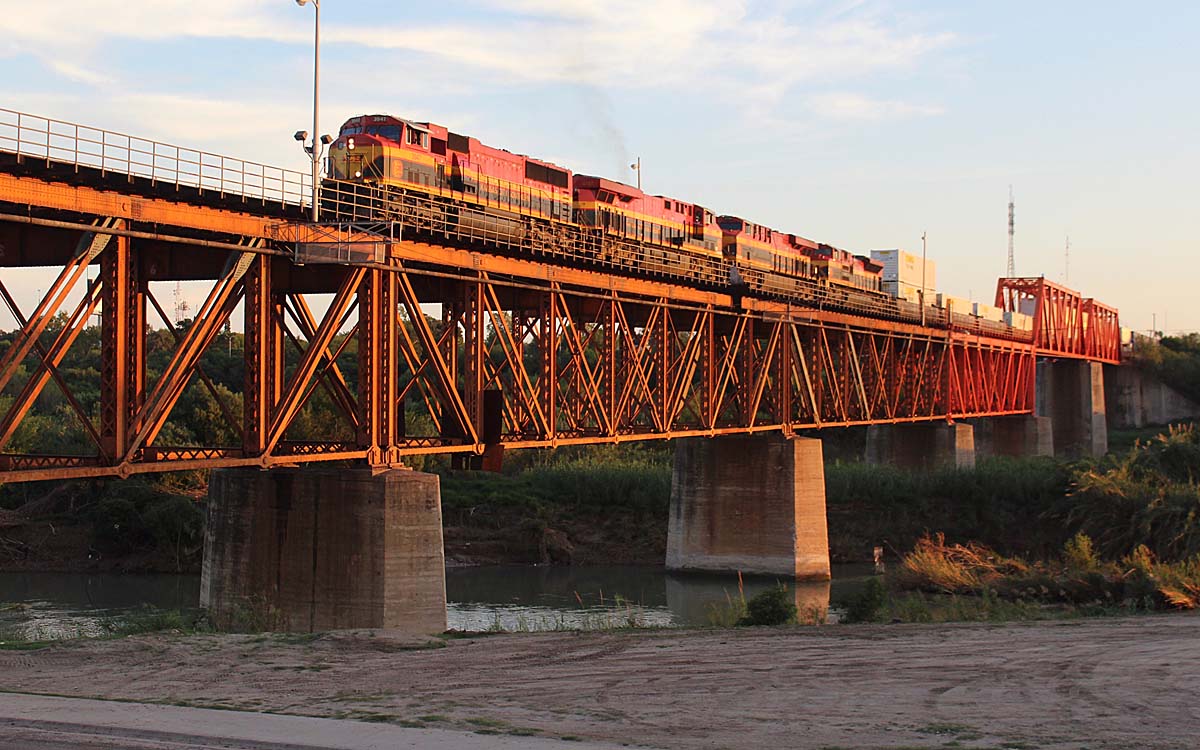
LAGUNA BEACH, Calif. – The looming dockworker strike on the U.S. East and Gulf Coasts could turn into a long-term opportunity for Canadian Pacific Kansas City to develop the Mexican port of Lazaro Cardenas into an alternate gateway to Texas, CEO Keith Creel says.
The International Longshoremen’s Association says its 45,000 workers will walk off the job on Oct. 1 if the union does not reach a contract agreement with the United States Maritime Alliance, which covers ports from Maine to Texas.
In recent years, importers have sought to diversify their supply chains in order to avoid labor disruptions at ports on the U.S. and Canadian West Coasts. Now strike fears at East Coast ports have prompted shippers to return volume to the U.S. West Coast.
But they’re also more willing to consider Lazaro, a modern terminal on Mexico’s west coast that’s running at half of its annual capacity, as a way to get imported goods to Texas, Creel told an investor conference today.
“We’ve had much more interest from the Costcos of the world, the Home Depots of the world, the Toyotas of the world – big players that move products that have to get to shelves or to automotive facilities – that have test moves on the water now to Lazaro to feed Texas markets, which may have been fed East Coast or may have been fed West Coast,” Creel says.
Lazaro almost exclusively serves Mexican markets, but CPKC aims to develop the port into a niche player that can be an alternative to Los Angeles and Long Beach, Calif., and the Port of Houston.
The potential disruption of East and Gulf Coast ports has prompted shippers to try test moves via CPKC to its terminals in Kendleton, on the outskirts of Houston, and Wylie, in the Dallas-Fort Worth area.
CPKC’s cross-border service is reliable, Creel says, and he predicts that the test moves will sell shIppers on the concept of Lazaro as an alternative port.
“It’s going to be much like what happened … at Prince Rupert,” Creel says of the way Canadian National made the British Columbia port a gateway for containers bound to Canada and the U.S. Midwest.
Ultimately U.S. East and Gulf Coast ports will do well serving Texas markets, as will Los Angeles and Long Beach, Creel says. But there’s room for Lazaro, and Creel says CPKC will prove naysayers wrong.
“We’re going to be able to carve out our little niche that’s going to be extremely valuable for the shipper and valuable for the railroad,” he says.
CPKC’s second bridge over the Rio Grande at Laredo, Texas, is on schedule for completion by the end of the year, Creel says, which will double capacity at the top rail gateway with Mexico.
Elsewhere in Mexico, CPKC is spending $75 million to remove bottlenecks that have slowed trains at a half-dozen congested areas. The projects – including bypass tracks, new yard leads, and faster turnouts – were not initially envisioned as part of the CP-KCS merger. They’ll be completed by the end of the year, Creel says, and will speed up CPKC’s Mexican network.
Creel met with Mexico’s interior secretary six weeks ago to present the railway’s plan for developing passenger service in the Mexico City-Nuevo Laredo corridor. The plan involves adding a third track north of Mexico City dedicated to passenger traffic.
Last year, in response to a request from the Mexican government, CPKC agreed to fund a third-party study of what capacity improvements would be required to support passenger service while protecting freight capacity.
Creel spoke at the Morgan Stanley 12th Annual Laguna Conference.






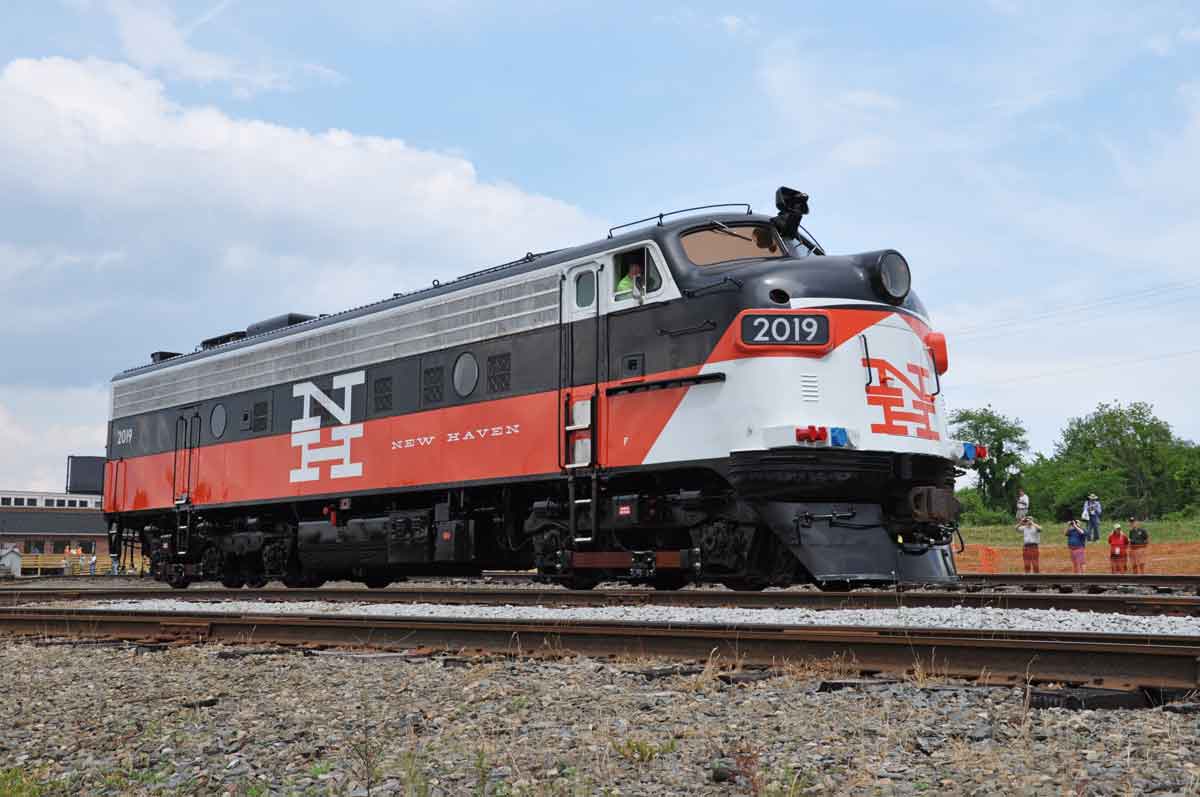
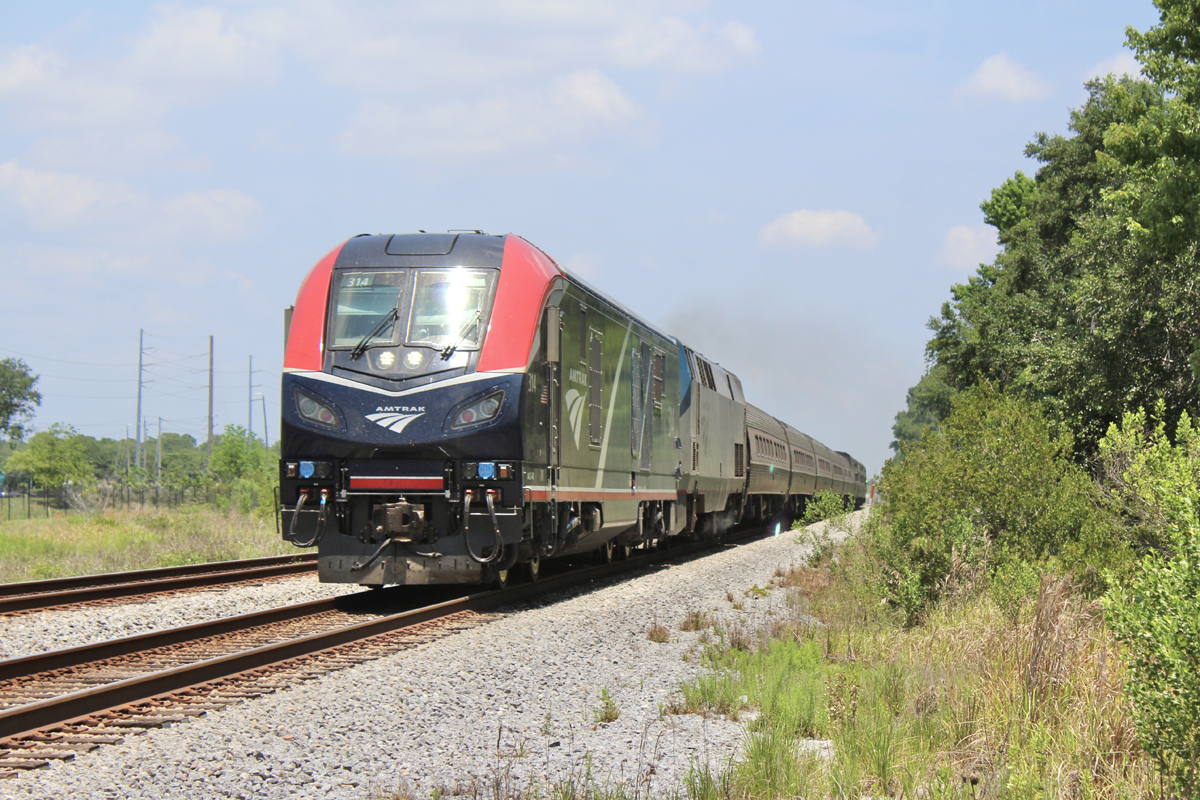
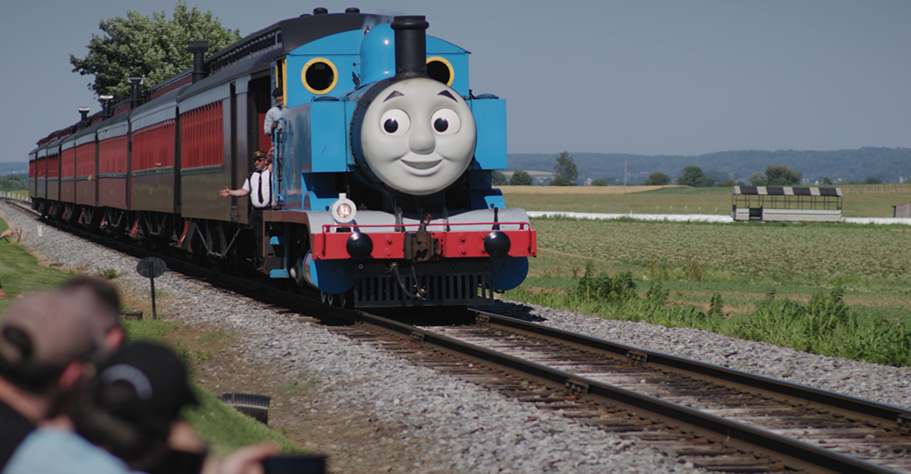
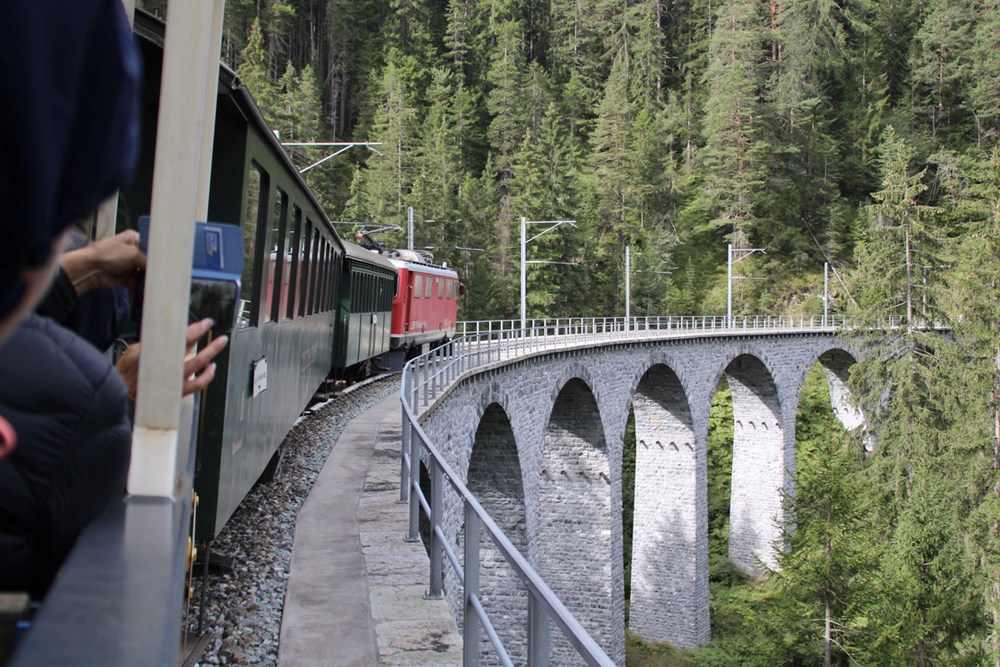




Creel says” or derivatives thereof, is stated NINE times in this article by TRAINS. So, it really isn’t a news article at all. Rather, its just Creel (still) trying to convince everyone what a really great thing CP’s railroad-of-last-resort merger was. Obviously, he’s still suffering a lot of CN-envy.
Assuming that Creel really still doesn’t comprehend his railroad’s shortcomings, here’s an interesting graphic from Port Economics, Management and Policy:
https://porteconomicsmanagement.org/pemp/contents/part9/port-of-savannah-logistics-cluster/transit-times-shanghai-north-american-routing-options/
One thing Creel really doesn’t understand is the curvature of the earth, and that the further south you go (in the Northern Hemisphere), the longer the distance for every degree of longitude. His comparison of Lazaro Cardenas with Prince Rupert proves his lack of understanding. The “Transit Times from Shanghai and North American Routing Options” map shows North American ports and the number of days it regularly takes a ship to cross the Pacific Ocean. It’s only 12 days from Shanghai to Prince Rupert. But from Shanghai to Lazaro Cardenas, it takes a week longer. So no, Lazaro Cardenas does NOT have the advantage owned by Prince Rupert. And even if it’s shipments going to Texas, a CPKC routing fares poorly. Not only is Lazaro Cardenas 5 days further from Shanghai than Los Angeles, but transit time from Lazaro Cardenas to Dallas is about three times that from Los Angeles. The map also shows that Lazaro Cardenas isn’t time-competitive for anywhere in the continental United States, with the possible exception of South Texas.
Now, I don’t totally agree with the Port Economics, Management and Policy map; I don’t think it takes a day less to move containers from Prince Rupert to Chicago than from Seattle to Chicago. But the map does show how the further south one goes along the west coast of North America, the longer the transit time from Asia, and how long transit times from Lazaro Cardenas to most places in the continental United States makes the Lazaro Cardenas option even uncompetitive with East Coast ports.
Again, this doesn’t belong in Newswire. It isn’t news, just opinion. And it isn’t even NEW opinion. It’s just more Keith Creel trying to convince people that his circuitous, skeletal, hilly north-south railroad is a player, when in the long run, it can’t be.
I still don’t have an answer to a question I have posted several times since the CP-KCS merger was first proposed. The question being this: How does CPKC’s route from West Detroit (thus, eastern Canada) to KCMO make any sense?
Work my comment (above) with Mark Meyer’s comment about the route south from KCMO. It’s true that CPKC is the only railroad that links Canada, USA and Mexico. If you’re not in a hurry and don’t mind all the wasted diesel fuel and crew and locomotive hours.
Lazaro Cardenas will only play a big role if the new green laws being passed in California will put a crimp on trade. All trains, buses, trucks and cars have to be EV by 2035.
Honestly, now that the bridge has been rebuilt at Presidio, TX and it gets a US Customs Depot in 2026, the port of Topolobampo (being farther north than Lazaro Cardenas) will probably get more attention from Asia. It has a direct rail connection to Dallas.
The 2nd bridge at Laredo will benefit both KCS and UP. However, the additional traffic will probably highlight locations in both Mexico and USA that will become traffic bottlenecks.
I don’t know how much of a “boost” CPKC will get but kudos to them for making it happen. Wish ‘em luck.